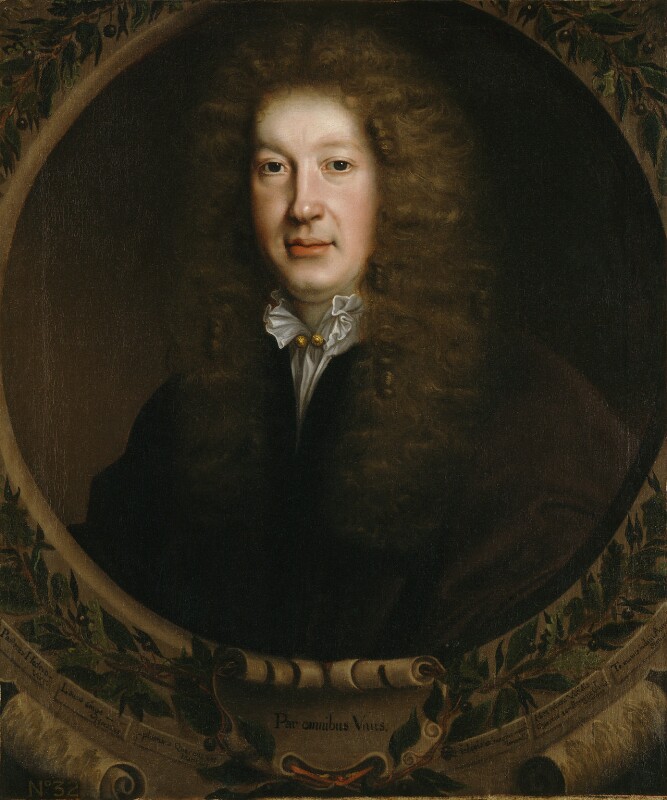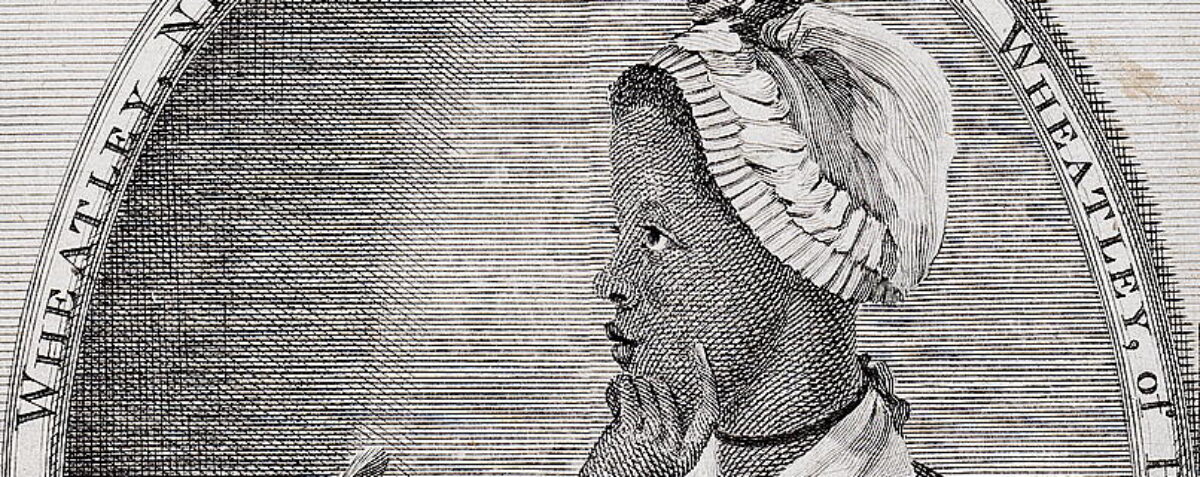John Dryden (1631-1700) has long been considered to be the leading literary figure in English of the second half of the seventeenth century. He worked in virtually every genre of writing available to him at the time: poetry, drama, translation, literary criticism. Dryden’s family was not particularly wealthy or well-connected, which meant that Dryden had to make a career in writing on his own. He was a professional writer in a complicated world of London after the restoration of the Stuart monarchy in 1660, where dynastic politics, partisan politics, and literary politics overlapped, intersected, and competed with each other. To some extent, Dryden was writing to please powerful patrons or potential patrons, such as King Charles II. But he often also had to write to please a theatrical audience, a publisher, or the reading public. For the most part, Dryden navigated these often-choppy waters with great success; with Aphra Behn, he was one of the two leading dramatists of the period; his literary criticism was widely influential, and his elegant, supple use of heroic couplets helped establish that form as the most widely-deployed template for English poetry for more than a century. He was named the Poet Laureate in 1668 in Historiographer Royal in 1670.

Dryden had a long and productive career that lasted for more than four decades. Its focus changed over time. His first published works were poetry, and he continued to write poetry throughout his life. Most of this was occasional poetry, written to mark, commemorate, or cases satirize a significant event. In the the 1670s and 80s much of his work was for the stage, as he had a contract to produce three plays a year for one of the London theater companies. Late in his career, he turned to translation, producing versions of Homer, Ovid, Boccaccio, Chaucer, and Virgil that in some cases were the standard texts for English readers for decades. When Dryden died in 1700, he was eulogized as the greatest English writer of the period.
All of this makes it sound like Dryden’s path was fairly smooth and effortless. But it certainly would not not have felt that way to him. English cultural politics, like English politics more generally, was deeply divided and contentious throughout these decades, with social and religious splits forcing people to pick sides, and then sometimes to change sides as the situation shifted around them. Dryden himself started out in the late 1650s writing poems in praise of Oliver Cromwell, but after the Restoration he became a loyalist of the Stuart monarchy. This would eventually cause him to lose his position as Poet Laureate and Historiographer Royal in 1688, when the Stuarts fell at the time of the so-called “Glorious Revolution.” Dryden, who had converted to Catholicism in 1685, was now on the outs with the government that had helped support him, and that he had in turn supported, for decades. Dryden had literary rivals and enemies too, as most writers in this period did. At one point, he was beaten up by a gang in an alley, apparently in response to a satire that he probably did not even write. And his most famous poems now, “Mac Flecknoe” and “Absolam and Achitophel,” reflect the often bitterly divided cultures of the London theater and Parliamentary politics. Dryden was often mocked by other playwrights, who enjoyed putting satiric versions of him on stage. Thomas Shadwell had a character called “Drybob” in his play The Humorists; more famously, Dryden appears as the character “Bayes,” a clueless playwright cobbling together a ridiculous heroic tragedy in The Rehearsal, a 1671 satire on the theater that was staged for decades.
Dryden would probably be surprised at the way that some later literary historians called the period of his career the “Age of Dryden.” No one now would try to sum up an entire era this way; literary history is far richer and complicated than that kind of formulation would allow. And in recent decades, his reputation has faded a bit, in part because scholars have recovered the crucial importance of other writers of the period, particularly women like Katherine Philips and Aphra Behn. If there was a literary world that Dryden presided over–and by the end of his life, he was well known for presiding over a kind of literary salon at Will’s Coffee House near Covent Garden–it was a very male world. But there’s also a way in which Dryden’s versatility, productivity, and clarity helped to define, for better or worse, what counted as literature in the first place, and defined what a career as a writer in England could and should be. There is no reason to put him on a pedestal, but no reason to ignore him, either–he was a talented, capacious writer who was influential for poets in particular for generations.


